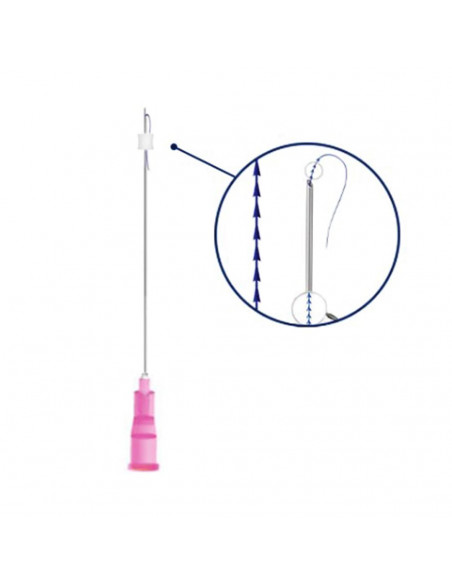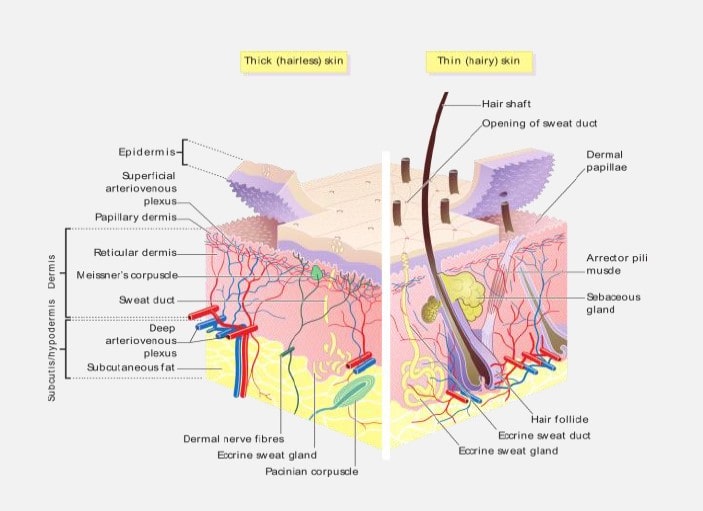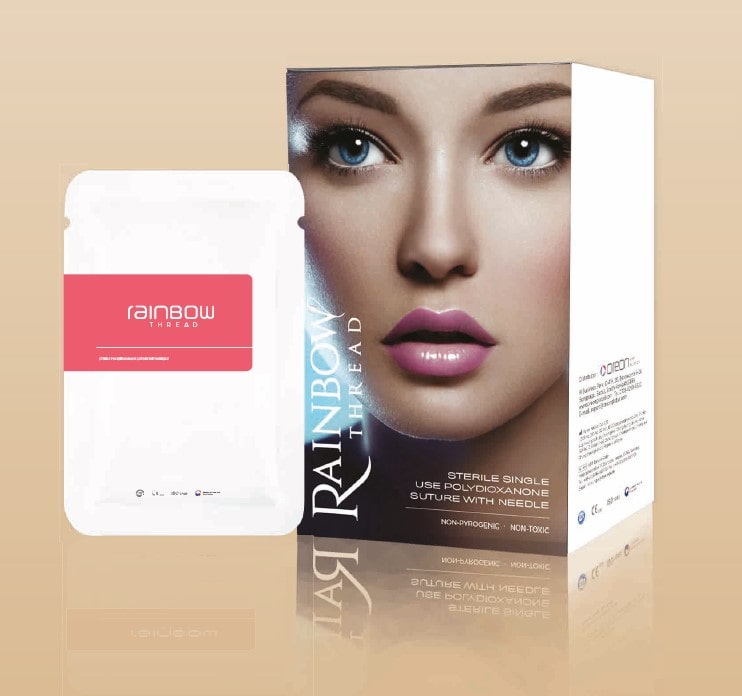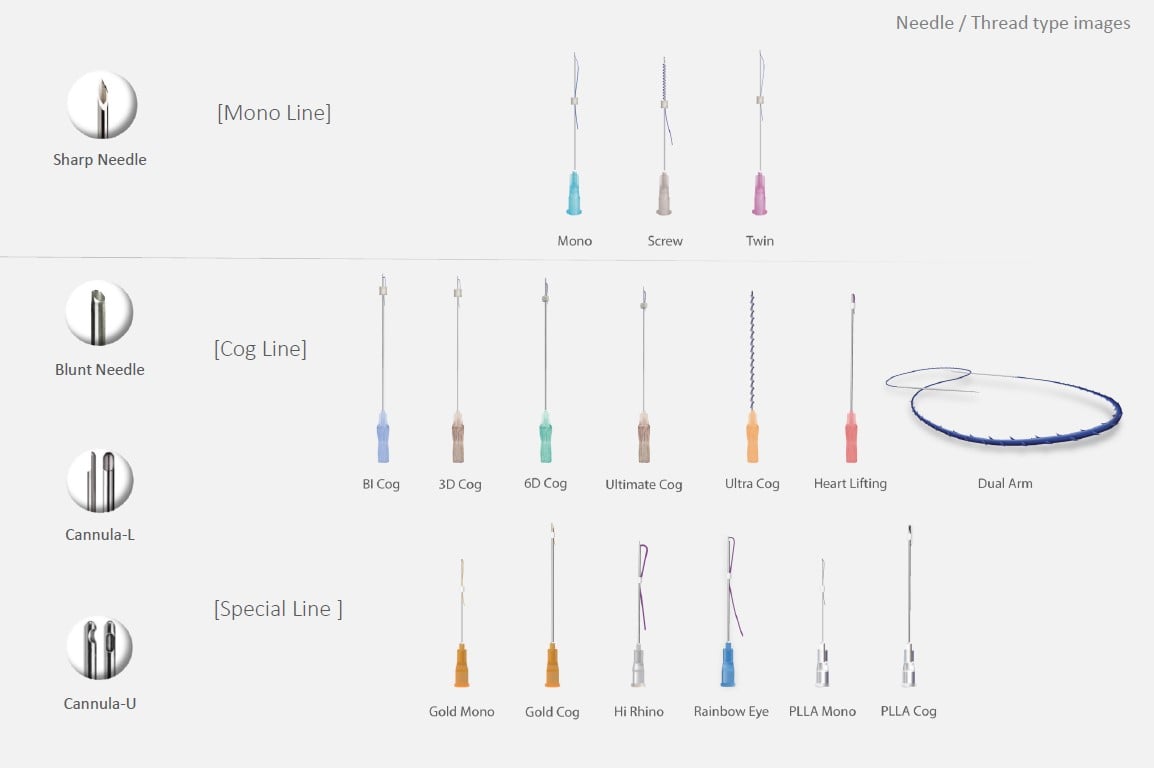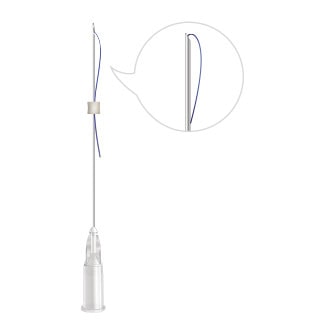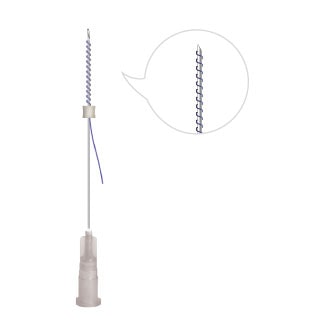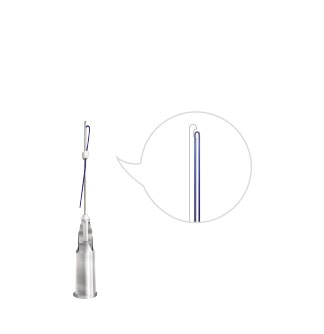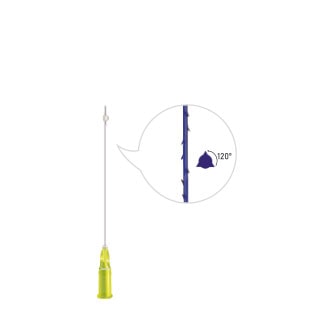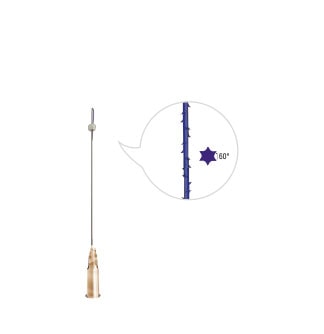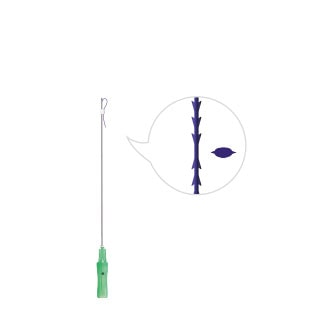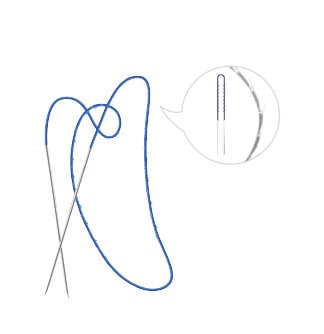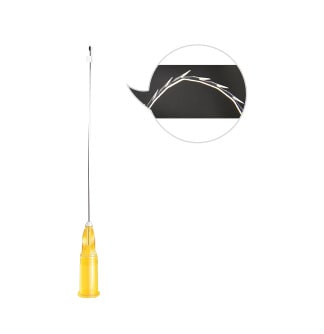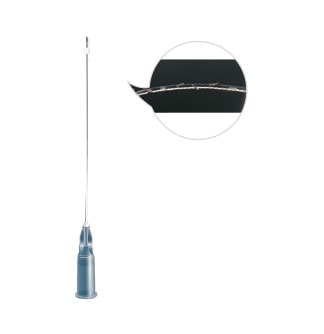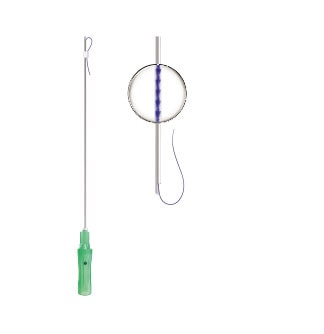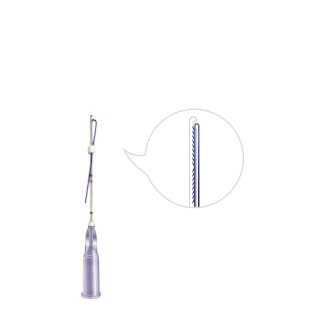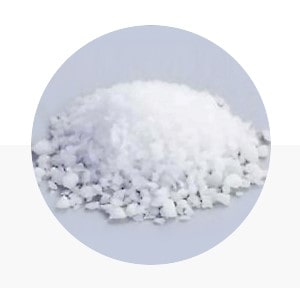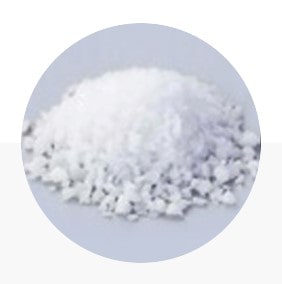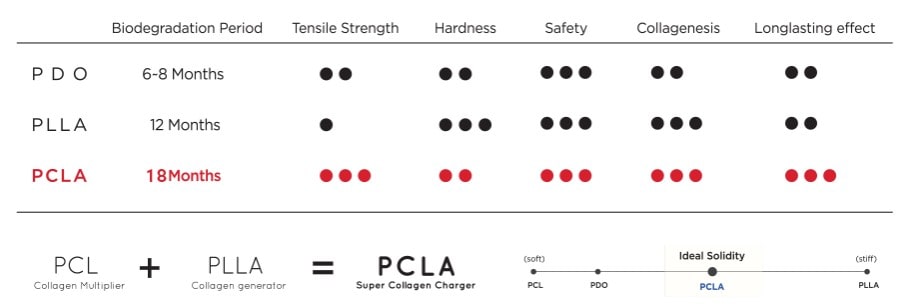Meso-sutures are an excellent treatment both for the first signs of aging and for more serious age-related changes, such as sagging skin or a "floating" facial oval. For this reason, it is possible to use this procedure from the age of 25. The upper limit is generally 70 years of age. However, when it comes to the Luxeface & Luxebody procedure, patients over the age of seventy have opted for it. After all, the technology is now considered as safe and effective as possible, and doctors who use it refer to Luxeface & Luxebody as the "gold standard of thread rejuvenation."
However, experienced practitioners point out that the earlier the threads are used, the better the effect. The application of this method, approximately from the age of 25-30 years, will help maintain youthfulness and freshness for many years. Serious correction of aesthetic defects may not be necessary in this case.
Indications for the use of meso-sutures:
" Broids and indistinct facial oval;
" Overhanging eyelids;
" expression lines, including crow's feet;
" deep nasolabial folds;
" Wrinkles in the décolleté and neck area;
" sagging and drooping cheeks;
" skin folds around the ears;
" drooping corners of the lips;
" "acid" wrinkles;
" sagging arms, abdomen, hips and buttocks;
" excessive fat deposits on the back, hips and above the knees;
" pronounced cellulite.
Obviously, thread lifts can lift various areas of the face and body. They also have a therapeutic effect on the skin, improving and revitalizing it.
After rehabilitation, the rejuvenating effect can be enhanced, for example, by injections of mesococktails or lifting hardware procedures.
Importantly, within six months to a maximum of three years (depending on the material), the threads dissolve by hydrolysis and are naturally removed from the body. So this method fits well with the concept of bio-rejuvenation and is suitable for anyone who appreciates naturalness in all its manifestations.


